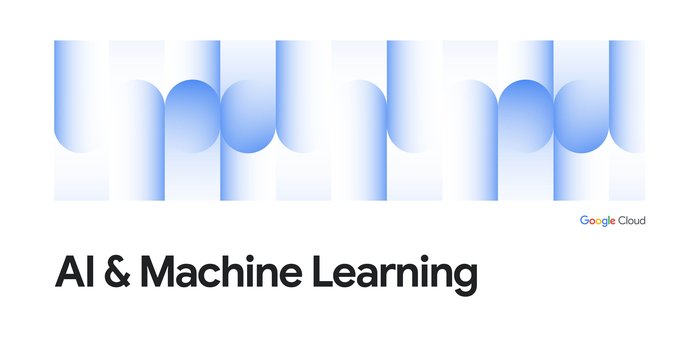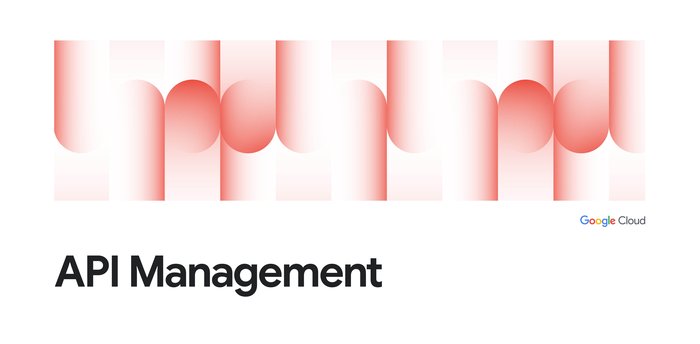Demystifying commonly used Apigee terminology
Waheed Brown
Strategic Cloud Engineer
Adarsh Sivadas
Cloud Technical Resident
Try Google Cloud
Start building on Google Cloud with $300 in free credits and 20+ always free products.
Free trialApigee, Google Cloud's native API management offering, allows you to build, manage, secure, monitor and operate APIs — for any use case, environment, or scale. It does so by providing a layer of abstraction between internal and external APIs, empowering developers and API teams to do really interesting things.


While Apigee is very powerful, it uses different terminology than other API management platforms on the market. What’s commonly known as a simple API reverse-proxy outside the Google Cloud ecosystem has a different name within it. But don’t let Apigee unfamiliar terms scare you! Below, you’ll find a chart that illustrates the frequency of words used in Apigee forums by Apigee developers, users and stakeholders.


To help you get up to speed with Apigee, here’s a breakdown of Apigee’s product-specific vocabulary, including not only API terms but also networking and productization terms. We also include links to further reading.
API Analytics - Designed to capture a wide range of analytics data for use by several different teams but the data is typically used for analysis in non-real time scenarios.
API Consumer - Synonymous with app developers who leverage the APIs created by an API provider.
API Developer - A software engineer in an API provider organization who builds APIs. Those APIs are used by app developers (API consumers) to build apps
API Package - A collection of API products that are presented to developers as a bundle, and typically associated with a rate plan.
API Product - A collection of API resources (URIs) combined with a service plan and presented to developers as a bundle. The API product can also include some metadata specific to your business for monitoring or analytics. One or more resources can be monetized by including them in an API product, which can then be bundled into an API package for monetization.
API Provider - An API provider builds APIs (using Apigee) for API consumers (app developers) to use.
API Developer - App developers register their apps with an API provider, which is how app developers get the API keys they need to call the provider's API proxies.
Apigee APIs - The endpoints that you can use to configure environments, organizations, API proxies, and other hybrid services.


Apigee Analytics - Collects and calculates a wealth of information that flows through API proxies. You can visualize this data with graphs and charts in the Apigee UI, or you can download the raw data for offline analysis using the Apigee APIs.
API Proxy - A proxy that acts as a facade for your existing API. Rather than calling your existing API, developers begin calling the new API generated by Apigee. This facade decouples your public interface from your backend API, shielding developers from backend changes, while enabling you to innovate at the edge without impacting your internal development teams.
As you make backend changes, developers continue to call the same API uninterrupted. In more advanced scenarios, Apigee lets you expose multiple interfaces to the same API, freeing you to customize the signature of an API to meet the needs of various developer niches simultaneously.


Environment- A runtime execution context for APIs. An API must be deployed to an environment before it can be accessed at runtime.
Environment Groups - An environment group is the basic mechanism for defining the way requests are routed to individual environments. You define hostnames on your environment groups (not on individual environments), and Apigee routes requests to the environments within a group using those hostname definitions.
Organization - A container for all the entities in an Apigee account, including API proxies, API products, API packages, apps, and developers. This document uses the terms Apigee organization or hybrid-enabled organization interchangeably.
To install and use Apigee or Apigee hybrid, you must have an Apigee organization that is bound to a Google Cloud project. You do this when you create the organization in a process known as provisioning.
An Apigee organization is not the same as a Google Cloud organization. Where the possibility of ambiguity exists, this document should specify that the organization is an Apigee organization.
Pay-as-you-go - When you use Pay-as-you-go pricing for Apigee, you are charged for the following:
The number of Apigee gateway nodes in the Apigee organization - An Apigee gateway node is a unit (or replica) of an Apigee environment that processes API traffic. More nodes are needed as you process more API traffic for that environment. Apigee tracks the number of Apigee gateway nodes used by your Apigee organization over time. With Pay-as-you-go pricing, you are charged for the number of nodes in use as measured every minute. Any nodes you provision are billed for a minimum of one minute.
The number of API requests processed by Apigee Analytics services - API requests, whether they are successful or not, are processed by the Apigee Analytics platform. You are charged for the total number of API requests analyzed per month. Analytics data is preserved for a period of three months.
The amount of network usage - An Apigee instance is available only on the network with which it is peered. You can expose the instance externally by creating a Google Cloud load balancer. You pay for all related network charges (such as IP address, network egress, and forwarding rules) on the peered network based on actual usage.
Network egress charges from Apigee instances (up to 1 TB/month) are waived until Feb 18, 2023 as a promotional offering.
Further resources: What is Pay-as-you-go
Policy - A processing step that executes as an atomic, reusable unit of logic within an API flow. Typical policies include routing requests to the proper endpoint, transforming a message format, enforcing access control, calling remote services for additional information, masking sensitive data from external users, examining message contents for potential threats, caching common responses to improve performance, and so on.
Policies may be conditionally executed based on the content or context of a request or response message. For example, a transformation policy may be executed to customize a response format if the request message was sent from a smartphone.
Proxy - Also API proxy. An API proxy is an abstraction layer that fronts for your backend service APIs and provides value-added features such as security, rate limiting, quotas, analytics, and more.
Resource, Resource path - A RESTful concept, a resource path is a uniform resource identifier (URI) that identifies the network path to a given resource.
Revision - A numbered, version-controlled package of configuration and policies bundled into an API Proxy. This term is distinguished from version, which is the developer-facing API interface.
Version - The version of the developer-facing API interface.
For example, pivotaltracker.com/services/v3, or api.enterprise.apigee.com/v1. This term is distinguished from revision, which is the numbered, version-controlled package of configuration and policies bundled into an API proxy. In short, API interfaces have versions, while API proxies have revisions.
What’s next
Now that you have a handle on Apigee terminology, you’re ready to explore more and dive deeper into the world of Apigee. We highly recommend exploring Apigee X and using reCAPTCHA Enterprise in APIs to deepen your understanding.We also recommend joining Apigee's community to learn from peers and learn more about what's changing in the world of APIs.



